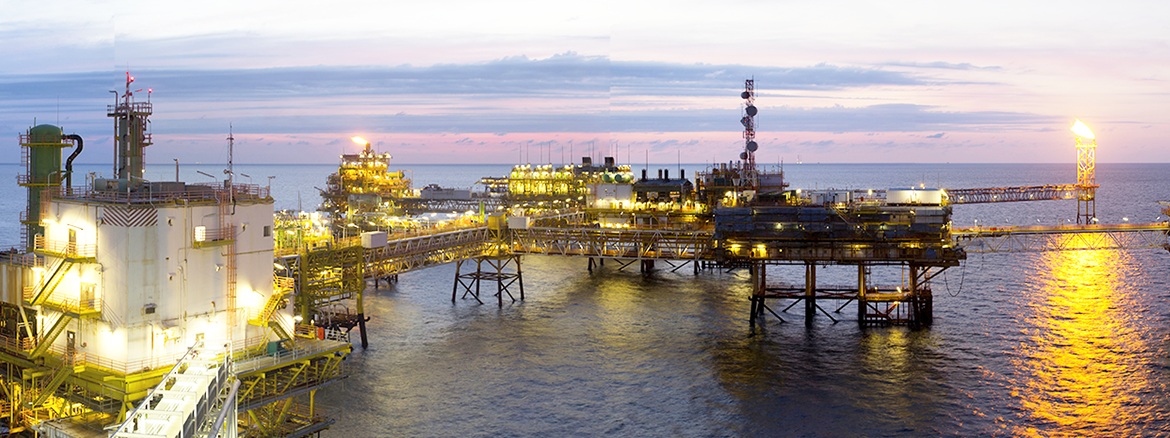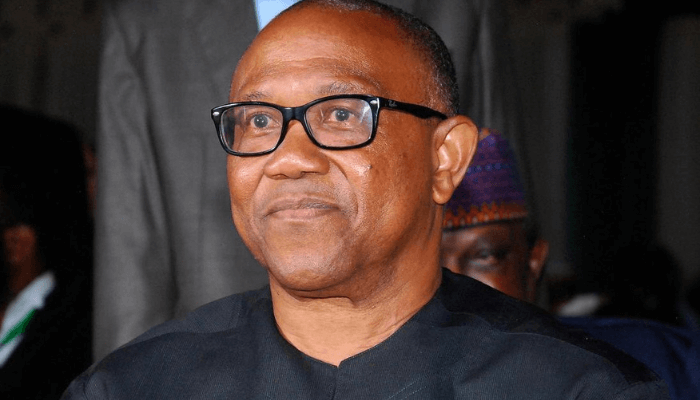As Nigeria’s oil and gas industry entered the new year with huge losses and sundry challenges due to the dreaded coronavirus (COVID-19) pandemic-led shocks on the sector, some industry experts have said the sector has a brighter chance of recovery from its losses, which will in turn impact positively on the Nigerian economy in 2021.
The Nigerian economy has been thoroughly humbled under severe challenges occasioned by the dawn of the virus, border closure, the #ENDSARS protests that turned bloody after it was highjacked by hoodlums amongst other problems. The experts hinged their optimism on the eventual discovery of the COVID-19 vaccines, the expected restoration of oil production output by the Organisation of Petroleum Exporting Countries and its allies (OPEC+) and the stabilisation of oil price at over $50 per barrels, among others.
They also cited the awaiting passage of the Petroleum Industry Bill (PIB) by the National Assembly in this first quarter, the assent and implementation of the bill, and the awaiting allocation of new marginal oil fields to successful bidders, among others, as bases for their positive projection for the industry and the nation. The Nigeria’s oil and gas sector faced a turbulent business year in 2020 due to the COVID-19 pandemic that led to the collapse of oil prices and the shattering of industry and national projections for the year.
The Lead Promoter of Energyhub, Dr Felix Amieyeofori, told the media that the oil and gas industry globally looks positive with the commencement of COVID-19 vaccination in more than 30 countries. The COVID-19 vaccination is currently going on in some countries, including the United Kingdom, the United States, most of Europe, Russia, Canada and Saudi Arabia.
This, Amieyeofori said, would hopefully open up the economies and impact on energy demands in the world, a situation that would help to increase Nigeria’s oil revenue. According to him, the expectation that crude prices will stabilise around the current price of $50 per barrel in this 2021 brightens hopes for a stronger national economy in 2021.
He said: “The Nigerian oil industry will also benefit significantly with the vaccination, plus the hope that the PIB will be passed into law this first quarter. “The industry will also be a beehive of activities with the award of the 57 marginal fields to indigenous oil and gas companies.
“The PIB and the marginal fields should attract more foreign investments into the country. We also expect increase in activities in the gas sector this year, driven by Autogas and flare gas commercialisation programmes.”
On policy actions the federal government needs to take to help mitigate some of the operational risks in the industry and attract more investments into the industry, he said: “The government must expedite the marginal fields awards and the passage of the PIB within the first quarter in order to drive the expected growth in the industry.
“The government should also address the issue of feedstocks challenges for the potential investors for the modular refinery industry as that is another source of investment into the country.”
Also, on the meeting of the OPEC+ scheduled for today, to discuss production quota for February 2021, he said the oil cartel would at the meeting, confirm additional reduction of 500,000 barrels per day oil production quota, thus reducing existing production cuts from the 7.7 million barrels to 7.2 million barrels.
Also speaking on the issue, the Chairman of Society of Petroleum Engineers (SPE) Nigeria Council, Mr. Joe Nwakwue, said he was hopeful that global demand for crude oil would be restored and the prices of oil would stabilise above $50 per barrel. He added that the passage and prompt implementation of the PIB would address most of the domestic uncertainties and challenges being faced by the oil and gas operators in the country.
“I hope that significant demand restoration will happen this year, especially with the ongoing COVID-19 vaccination efforts across the globe. Recovery will take time no doubt but I hope 2021 will launch us on the path to full recovery,” Nwakwue said.
On some of the policy actions the federal government should take to attract more investments in the sector and reduce risks, he said: “We need to pass and implement an investor-friendly PIB, and work on most of the ease of doing business challenges facing the sector”.





